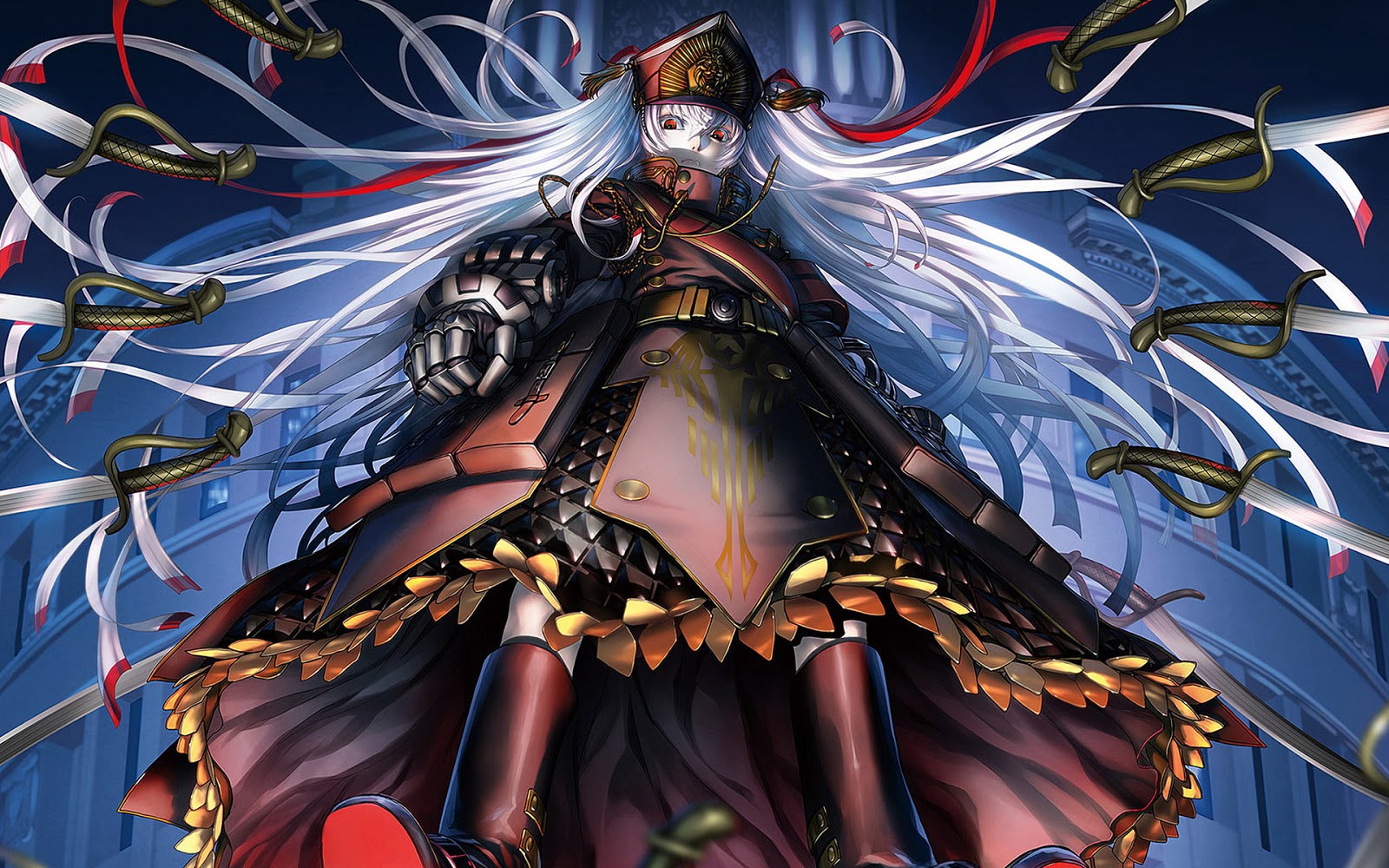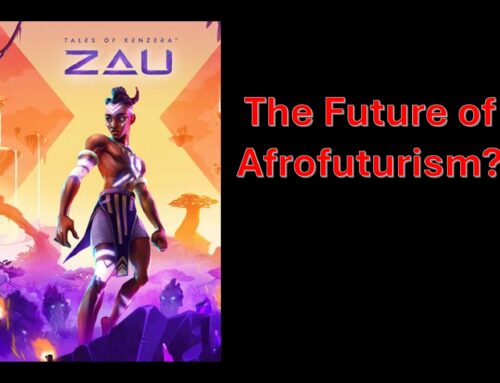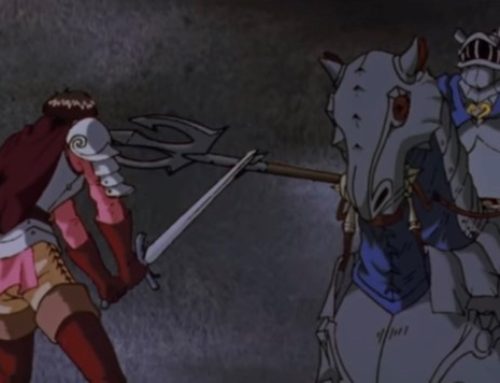At some point, if you’re attending any writers’ groups, or getting beta readers, reviews on Reedsy, or anything of the sort, you will get a critic who asks you some variant of this question:
“I don’t like this [insert element here]. Can’t you change it? It would go against the rules of your fictional world? Can’t you change those? You wrote them.”
This is usually said by someone who doesn’t like either the themes of the story, or the rules of your constructed universe, or a character’s arc. Sometimes it comes in the form of “can’t you make Thoth, the ancient Egyptian god of knowledge who was always depicted as male for thousands of years as a female goddess? I think Thoth should be a goddess.” Other times, I’ve heard it in the form of complaints about a character arc playing out in the way that it was logically setup. The simple answers you might have to this question might be “no, because that’s not the story I want to tell” or “I could, but I’m not going to, because I don’t want to.” For the record, these responses to this question are just as valid as the feelings of the person who is upset that your story contains things they don’t like, but there are better ways to answer them. The first of which is:
“No, because that would be illogical.”
One of the limits to what you can actually make in your fictional worlds is the internal logic behind how things work. Sure, you can add a magic system, but if the magic is so illogical that no one could reasonably understand how it works, then how are there wizards who know what they’re doing? How does the economy stay afloat if random crazy crap can occur at any moment? And if there are wizards, either by birth or by scholarship, what stops them from just taking whatever they want from people on a whim?
This is the first problem with randomly changing elements in the story: it has consequences to everything around it. Change the rules of your made-up magic system, and you change how people would interact with it. Rewrite the laws of the real world so that they don’t apply to your fictional one, and you create a whole new storm of problems. Make different characters deviate from their character arcs (or give their important characterization moments to someone else) and people are going to wonder why the characters are acting so strangely. Apart from overhauling the entire story from the ground up just to avoid one person being offended, there’s nothing you can reasonably do other than ignore the complainer, or compromise the internal logic of your story.
But beyond that, there’s another answer to this question that should be considered: “the audience won’t accept it.”
This has something to do with the issue of logic, but it goes beyond that. What the audience accepts and what is logical are not always the same.
A great series to watch that analyzes this is a show called Re: Creators. The series has some detractors, and that’s going to come with any show that deconstructs so many tropes beloved by so many different types of fans, but to anyone who has intentions of becoming a creator themselves, the show hits a bullseye at every turn. Imagine a show about a circus showing the ins and outs of an actual circus performance, and most people who had never worked in a circus didn’t get it, but people who had actually worked there before understood everything. Re: Creators is a bit like that.
The basis of the show is that fictional characters from anima and manga have started appearing the real world, and after a few episodes of adjusting to what life in the real world is like, such as learning how food actually tastes when they’re originally from worlds that don’t mention how food tastes, and a magical girl learning how much collateral damage her powers cause when she uses them in a city in real life, many of the mechanics of “proper storytelling” get analyzed, deconstructed, and in some cases, rebelled against. Throughout the story, the main villain obtains new powers based on what audiences will accept; she can do whatever the viewers will believe, tolerate, and enjoy.
And it isn’t just her; other characters brought in from fictional worlds can gain new powers this way, but a recurring problem is that people like to see the antagonist with a wider range of abilities than the heroes, so stopping the villain becomes almost impossible as the audience gleefully hands her more and more powers but is stingy with abilities for the heroes.
One of the biggest complaints Re: Creators gets from viewers is that (spoilers) the main villain doesn’t really get punished after she threatens to destroy the world and potentially the multiverse. Why not? Because the heroes discover that the easiest way to neutralize her threat is to just give her what she actually wants, which causes no real pain or suffering to anyone else. Karma gets denied; the audience’s sense of justice is never vindicated, and yet…the threat is ended. The audience wants to see the villain suffer, not be rewarded, but if you were faced with a situation like that, what would you choose? (This is difficult to write from someone who firmly believes we should never negotiate with terrorists, but the point the series makes remains valid: is it more important to punish the villain, or to stop them from destroying the world?) But this plays into the problems writers face when they deviate from the audience-prescribed rules: villains are supposed to be punished, possibly even at the cost of ending the multiverse, and a lot of people trashed this series when that didn’t happen. I almost wonder if the writers of this show invoked this on purpose just to prove their point to other creative types who would examine this phenomenon in action.
The point that this series illustrates is that no, the author cannot just throw whatever they want into the story and expect it to work. Some tropes and cliches exist for the simple reason that people expect, occasionally even demand, that they be in your story. Why are so many of the characters drawn to be attractive, even if the work doesn’t put them in revealing clothes? Because people will lose interest in a story about unattractive people. Why isn’t Thoth recast as a goddess? Because people know he was a male deity, and people won’t accept him as female, unless you take the anime route and give his gender-swapped counterpart big titters and a skimpy outfit. Apparently, that cancels out all of the Egyptology.





